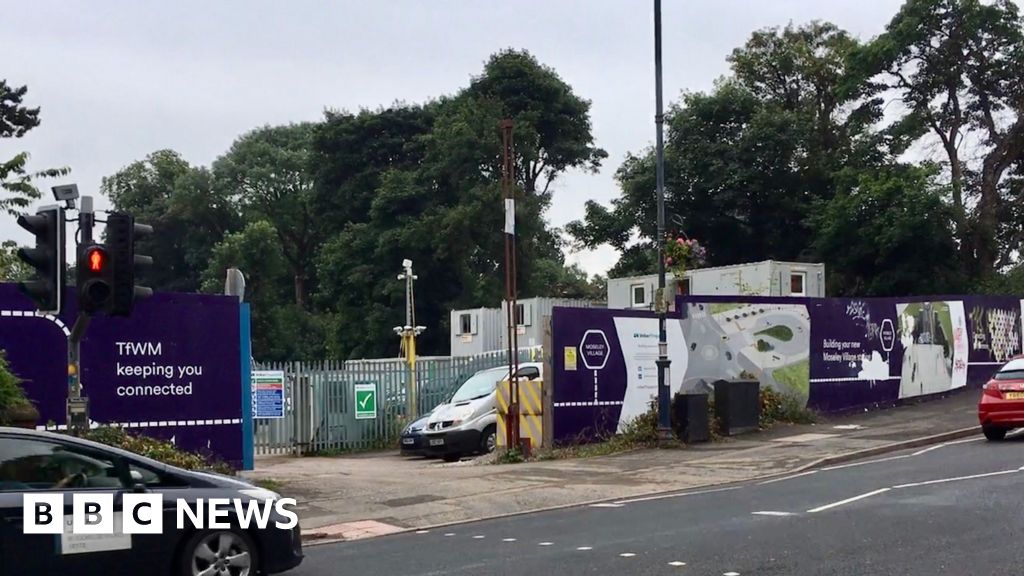nanstallon
Member
- Joined
- 18 Dec 2015
- Messages
- 968
It was good to hear that the line from Newcastle to Ashington has at last been reopened to passengers, albeit with only two of the six stations that are planned. But the time and money it has taken is ridiculous.
This line was closed to passengers, under the Beeching cuts in 1964, but remained open to goods. Restoration of the passenger service was first mooted in the 1990s. When plans were finally put into motion five years ago, it was supposed to be an £160 million project ready in spring 2023. After delay upon delay, it’s now opening at a cost of an estimated £298 million.
And yet the Northumberland Line was hardly an HS2 mega project. There weren’t hundreds of miles of cuttings, embankments, expensive bridges (well, there was one of those and it was already in place as part of the goods line) or tunnels to contend with: the journey from Ashington to Newcastle is just 18 miles and 34 minutes long. Forget the issues of rare newts being disturbed or trees with Tree Preservation Orders growing through the points; the Northumberland Line has remained in use for freight trains all this time.
Britain is a rather pathetic country where it is extremely hard and expensive to get anything done.
This line was closed to passengers, under the Beeching cuts in 1964, but remained open to goods. Restoration of the passenger service was first mooted in the 1990s. When plans were finally put into motion five years ago, it was supposed to be an £160 million project ready in spring 2023. After delay upon delay, it’s now opening at a cost of an estimated £298 million.
And yet the Northumberland Line was hardly an HS2 mega project. There weren’t hundreds of miles of cuttings, embankments, expensive bridges (well, there was one of those and it was already in place as part of the goods line) or tunnels to contend with: the journey from Ashington to Newcastle is just 18 miles and 34 minutes long. Forget the issues of rare newts being disturbed or trees with Tree Preservation Orders growing through the points; the Northumberland Line has remained in use for freight trains all this time.
Britain is a rather pathetic country where it is extremely hard and expensive to get anything done.

